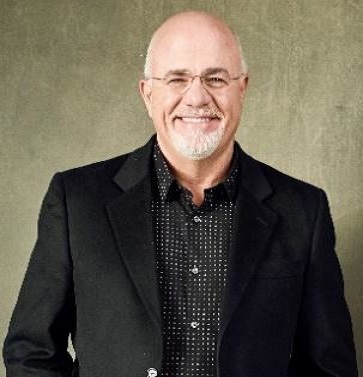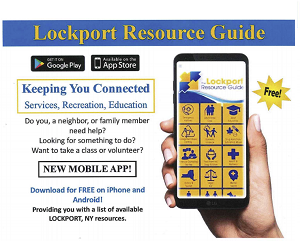Dear Dave,
When my wife and I got married, she had about $70,000 in savings and I had a lot of debt. We bought some property from her parents to build a home on, and she made a 20% down payment on the land from her savings. We’ve paid off some debt, and she has more in savings now. But I feel guilty, and it seems unfair to ask her to pay on our debt with her savings since most of it is debt I brought into the marriage. How do you feel about this?
Sonny
Dear Sonny,
This question tells me you’re a good guy with a good heart. But let me ask you a thing or two. When your wife gets sick, is it unfair for you to take care of her? You didn’t cause it. It’s not your fault. Of course, it’s not unfair. I’m not mad at you, buddy. I’m just throwing your own logic right back at you.
Maybe these next lines will sound familiar: for richer or for poorer, in sickness and in health. The old “Book of Common Prayer” continues the vows and says, “Unto thee, all my worldly goods I pledge.” This is called oneness. It’s called unity. And it’s what a good marriage should be about.
Do you get what I’m saying, Sonny? The two of you are in this together. This is not a business partnership or joint venture. It’s a man and a woman pledging themselves, and all they have and are, to each other. I understand your feelings, but if you’re not careful, that kind of guilt will stand in the way of you two creating a successful marriage—both financially and emotionally.
When you got married, the “me” and “mine” became “we” and “ours.” You got all her stuff, the good and bad, and she got all of yours. Now it’s time for you to work as a team to make the bad stuff go away and the good things even better. What’s fair (and what’s right) is to combine all of your income, all of your assets and all of your liabilities.
I know it’s uncomfortable, but you’ve got to choose courage. Ask her to go all in on this with you and attack your debt together. Work toward making your dreams come true together as one.
That’s what’s fair, and that’s what’s best when you’re married.
— Dave

* Dave Ramsey is an eight-time national bestselling author, personal finance expert and host of “The Ramsey Show.” He has appeared on “Good Morning America,” “CBS This Morning,” “Today,” Fox News, CNN, Fox Business and many more. Since 1992, Dave has helped people take control of their money, build wealth and enhance their lives. He also serves as CEO for the company Ramsey Solutions.







.jpg)
